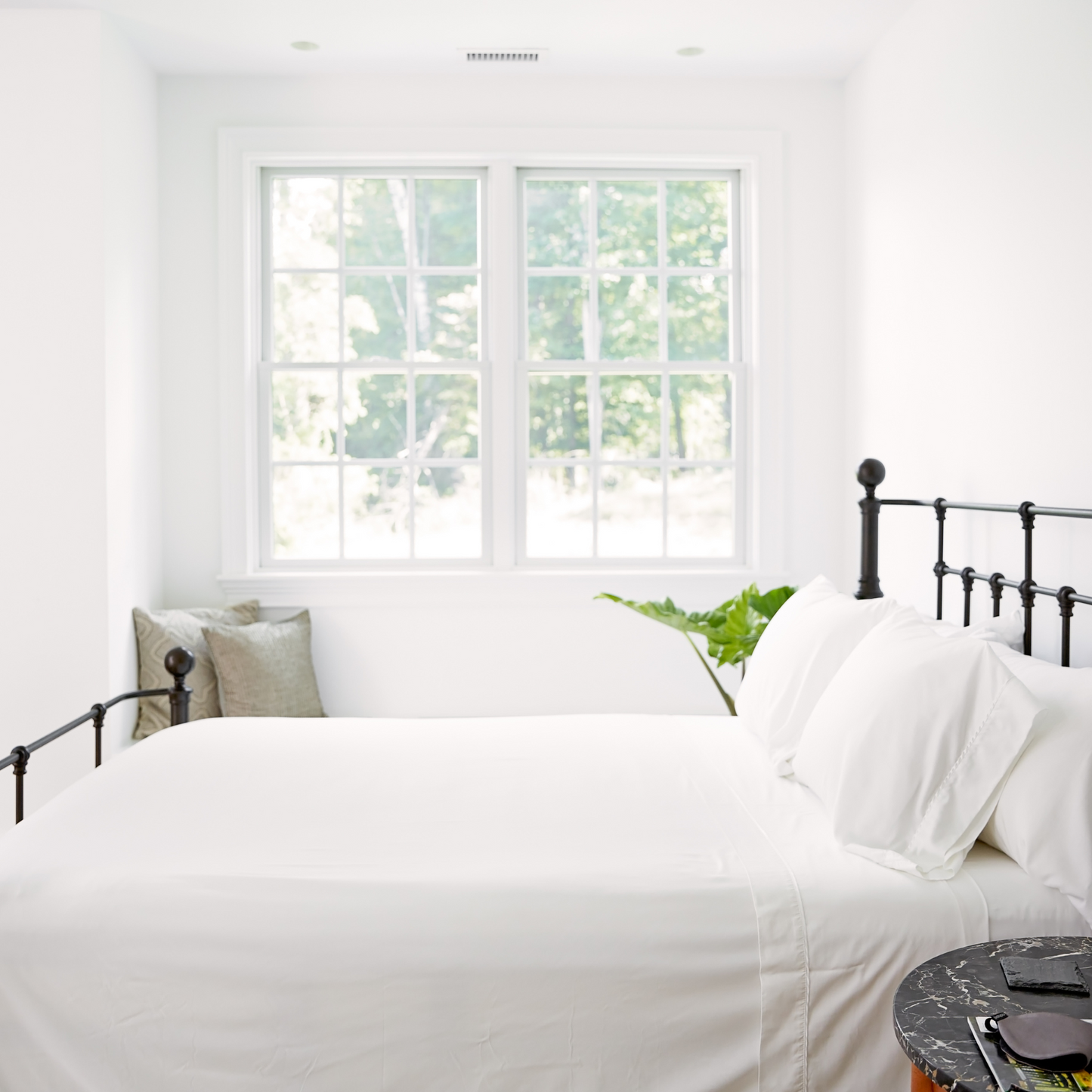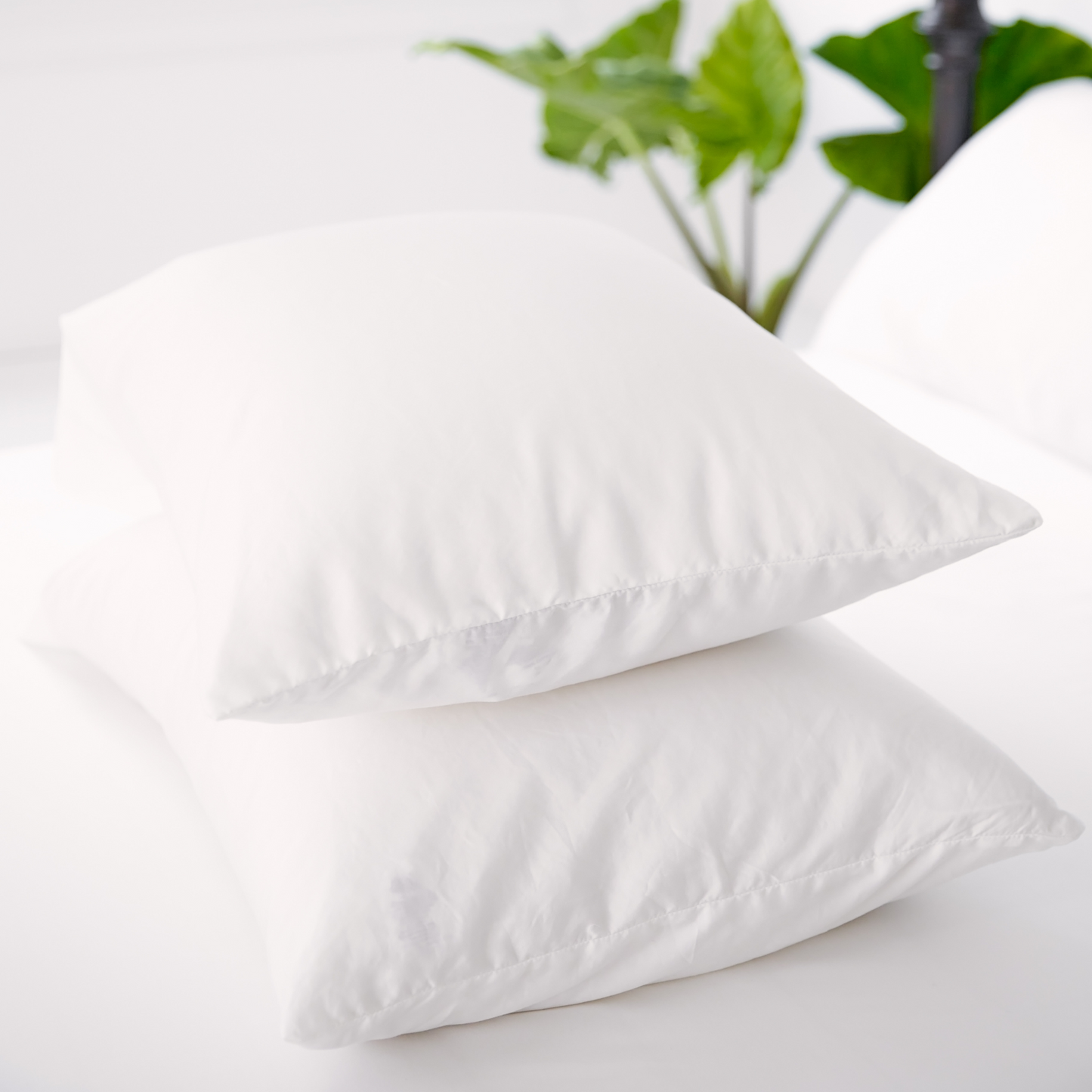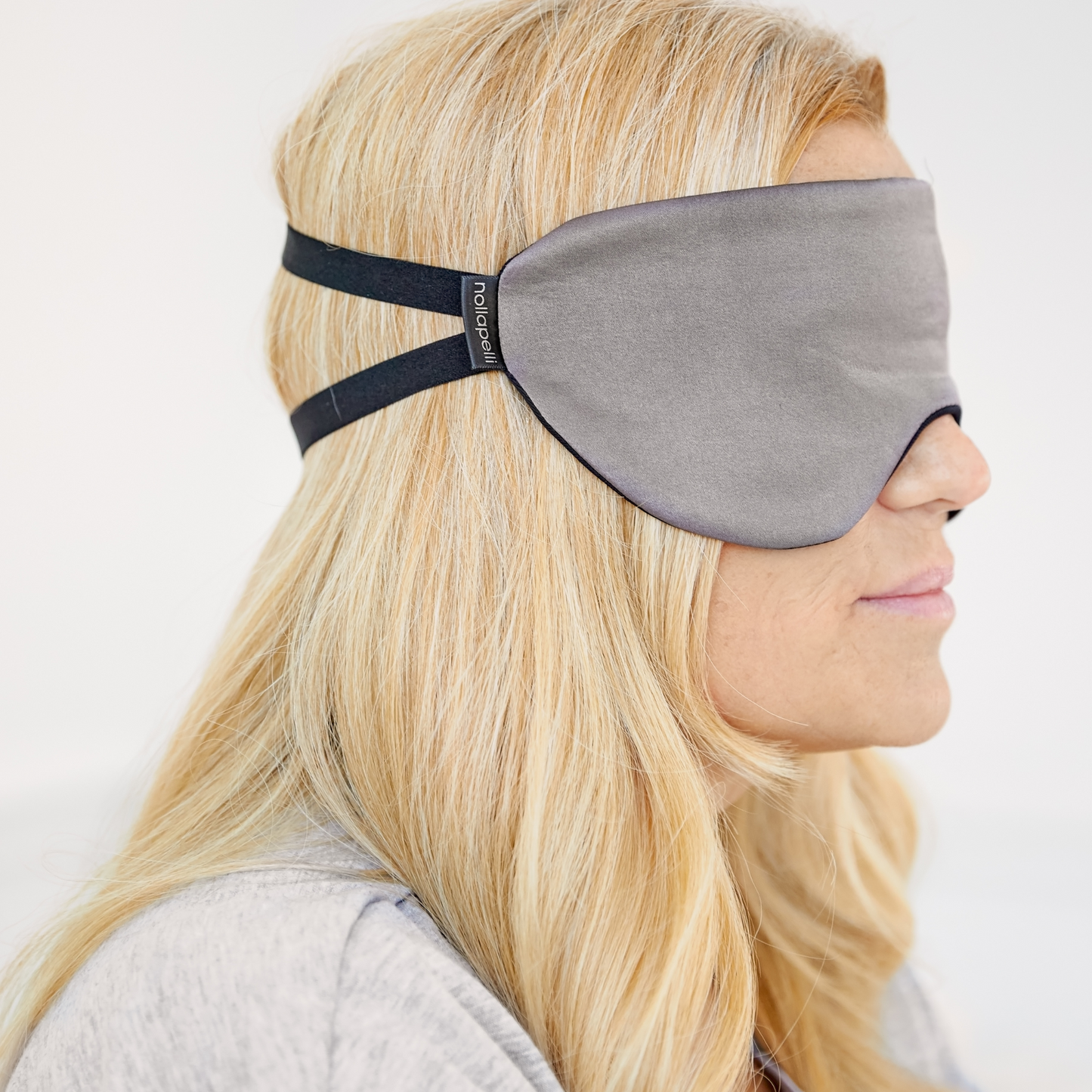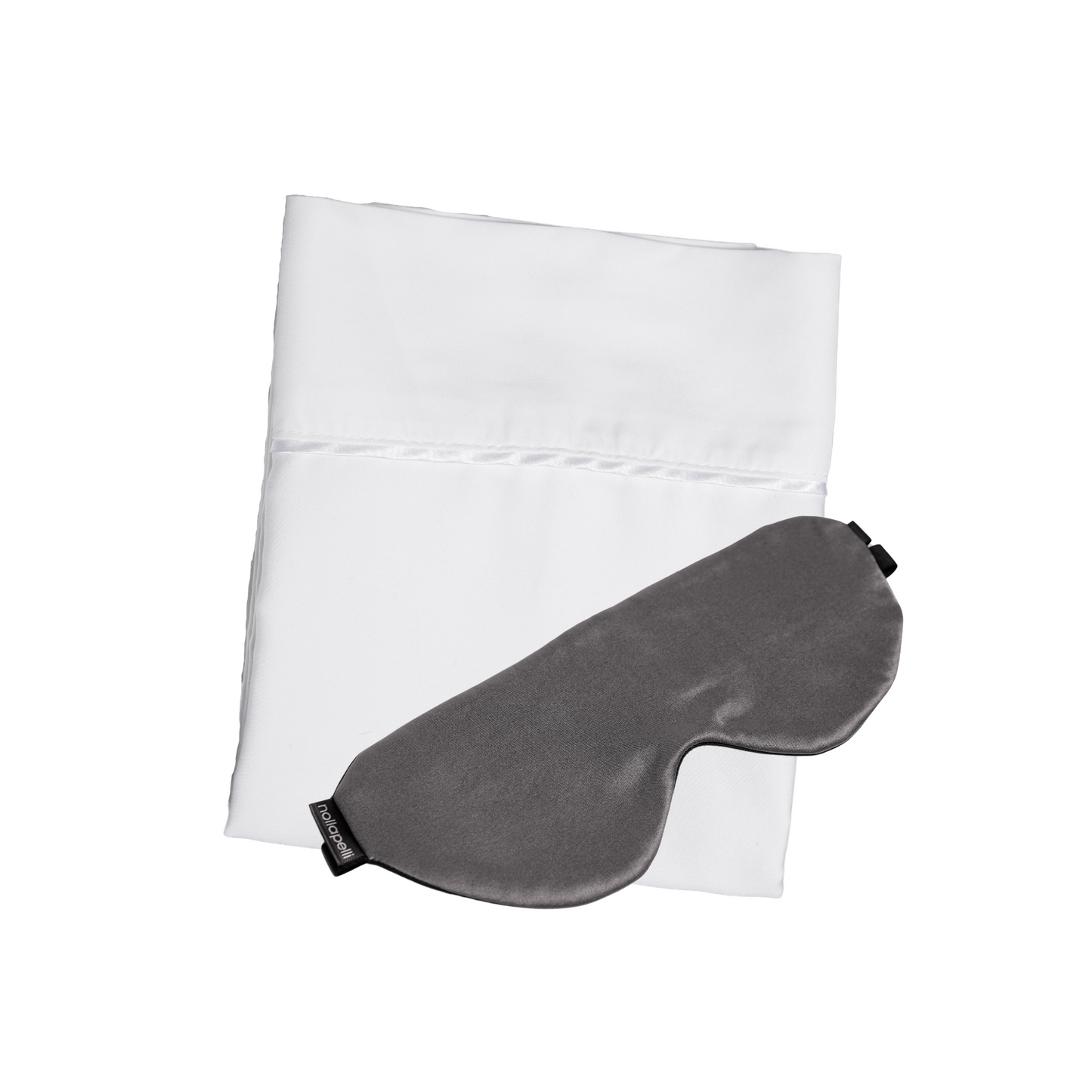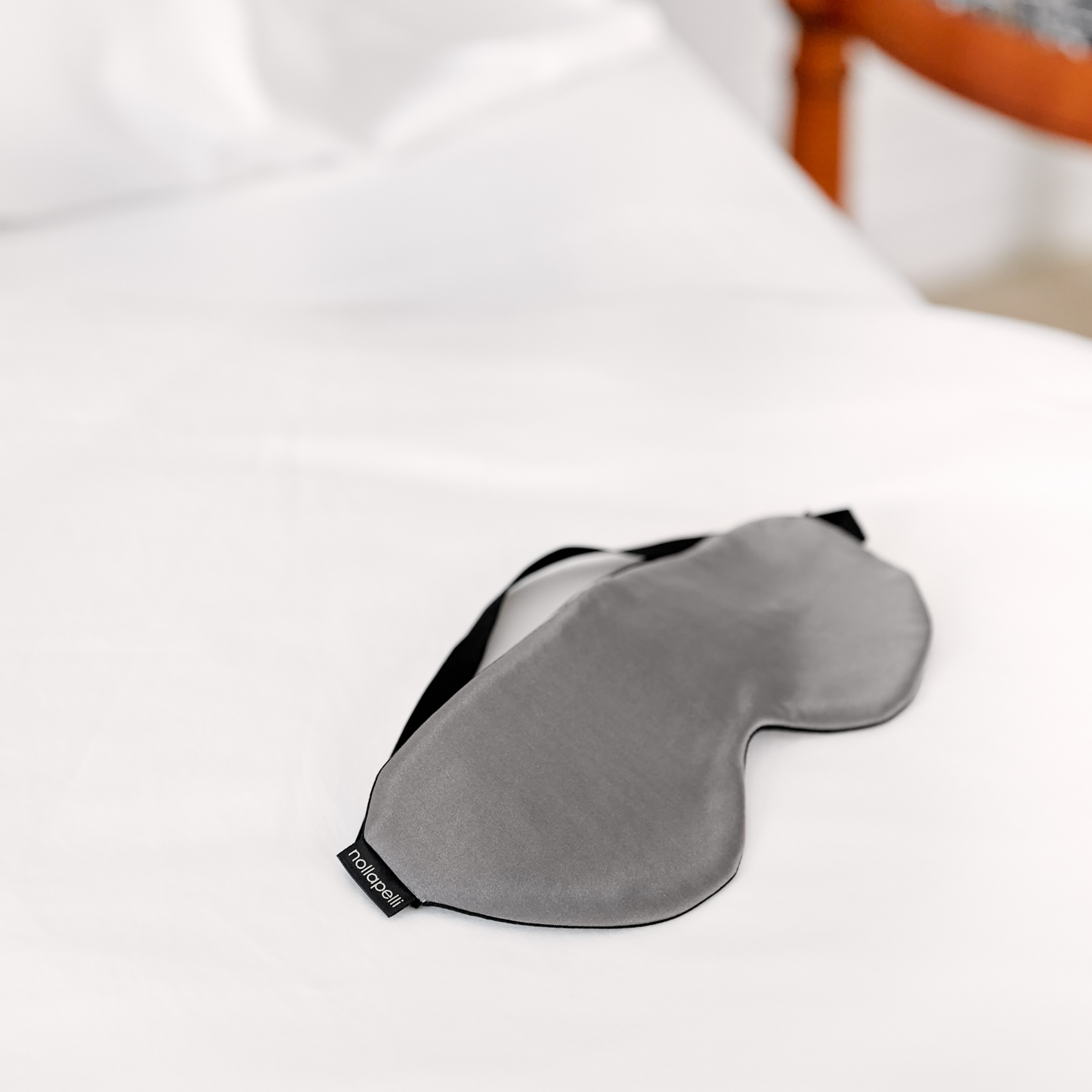
Are you a lark, rising early in the morning and starting your day without even considering the snooze button? Or are you an owl, finding yourself staying up to all hours of the night, getting your best work done once the sun sets? These aren’t just tendencies – the difference between night owls and early-bird larks is scientific. Larks and owls are two different chronotypes, which manifest themselves as underlying causes of circadian rhythms, along with other physical processes.
“Generally speaking,” according to Fast Company Design, “the larks-or-owls construct has stood the rigors of research, with evidence really growing since the development of a 19-part Morningness-Eveningness Questionnaire in the late 1970s that sorts folks into chronotypes based on things like when they’d ideally get up, how alert they feel in the morning when they normally get tired, and so on.”
Without taking a questionnaire, you could more than likely determine whether you’re a night owl or an early bird. There are benefits and downsides to each. Since chronotypes can shift, understanding your current preference and the science surrounding each one can be helpful in creating your own schedule and dealing with others. Is your partner an early bird while you’re a night owl? Read on and learn how to deal with the differences, as well as the benefits and less-than-desirable traits of both birds.
Early Birds: The Good
Early birds get a good reputation when it comes to productivity and positivity, and much of it is well deserved. Larks have been shown in studies to be more persistent and cooperative than night owls. Larks tend to be more agreeable, conscientious, and proactive than night owls as well, according to Fast Company.
Larks also procrastinate less, according to a 1997 study. Most procrastinators identified themselves as night people, according to researcher Joseph Ferrari. This held true of night owls over 50 years old in a 2008 study. “Once again,” says Fast Company Design, “being a night owl was associated with avoiding a task that needed to be completed.”
Early Birds: The Bad
Being an early bird comes with all the perks of productivity, but with that can come the potential for mistakes, especially with work completed in the evening. According to research from the Higher School of Economics, early birds are at a disadvantage when it comes to accuracy. “At night, early risers demonstrate a quicker reaction time when solving unusual attention-related tasks than night owls, but these early risers make more mistakes along the way.”
Night Owls: The Good
“Early to bed and early to rise makes a man, healthy, wealthy, and wise.” Benjamin Franklin was pretty spot on with some things, but this old adage doesn’t necessarily hold true. “A pair of epidemiologists at Southampton University in England – perhaps still bitter over that whole Revolution thing – directly challenged Franklin’s tyranny of the morning people in a 1998 paper for BMJ,” says Fast Company Design.
In the study, researchers compared a group of night owls with a group of morning larks to compare their health, wealth, and wisdom. What they found was almost in complete contradiction to what Franklin said. “There was no indication that larks were richer than those with other sleeping patterns,” according to the study. “On the contrary, owls had the largest mean income and were more likely to have access to a car.” There was also no evidence that the larks were smarter or healthier either. Keep that information in your back pocket, night owls, for the next time someone tells you to change your ways.
Night Owls: The Bad
The bad news, night owls, is that you may be more prone to addictive behavior, like smoking and drinking. According to Fast Company, an analysis of 676 adult twins in Finland found that those who thrived in the evening were more likely to be current or lifelong smokers, and they were less likely to stop smoking. They were also at a much higher risk for nicotine dependence compared to morning larks. “Another study of 537 individuals found that owls consume more alcohol than larks.”
It makes sense when you think about it. Much of the smoking and drinking occurs after dark. Bars and concerts and parties are full of the stuff, and early risers can avoid much of it by calling it a night sooner than their night owl counterparts.
The Bottom Line
It isn't better to be a Night Owl or Early Bird, both have their benefits and downsides. What is important is that you recognize which you are, your strengths, weaknesses, and how you can be more productive. It's also important that you are still getting sufficient sleep in your strives towards productivity—sleep that's even more productive on our soft sheets and pillowcases.


